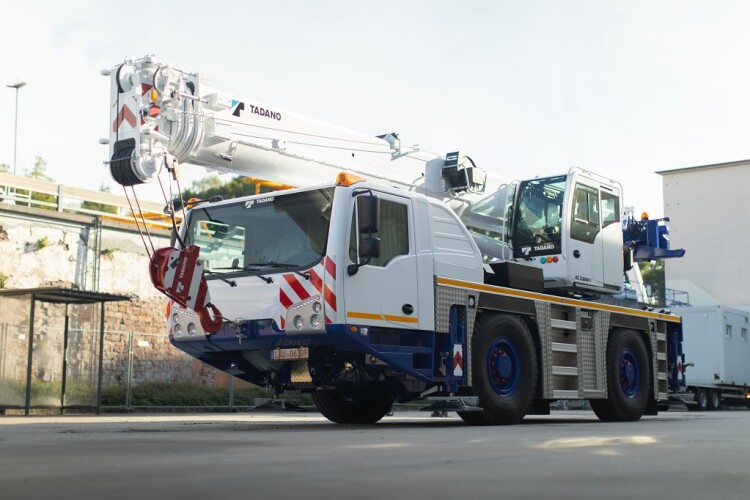The Road Haulage Association, supported by the Heavy Transport Association and other interests, has set up the Abnormal Loads Group (ALG) specifically to campaign against heavy-handed police stopping business from operating.
Crane hire companies have been increasingly suffering in recent months as more and more police decide that it is not just abnormal loads – loads that required a police escort or notification – that cannot move during morning and afternoon rush hours, but also regular mobile cranes.
The ALG has commissioned research from an economics consultancy to make the case for more liberal policing of abnormal loads.
The resulting report, written by the Centre for Economic & Business Research (CEBR), outlines the following costs to the industry:
- Increased financial costs of notifications and staff time
The intensified requirements for notifications to the authorities of forthcoming movements means an increased administrative burden on both road haulage firms as well as the authorities that process notifications. This is in the form of both time costs – as it takes more time to undertake these administrative tasks to process the notifications. An appraisal of costs over a 10-year period is £14m and financial cost amounts to £48m.
- Carbon dioxide emissions impacts
The enhanced application of regulations leads to drivers of abnormal loads to avoid driving through the affected regions. As a result of these extended journeys, there will be additional associated carbon dioxide emissions. These emissions are valued using the UK government’s cost of carbon. Over a 10-year period, these impacts are appraised at being up to £420m.
- Reduced haulage activity and wider impact on industry
Heightened regulatory demands have led to reduced economic activity for the road haulage sector. The impact of this reduced economic output is estimated to be up to £171m per annum. When looking at the appraisal of costs over a 10-year period this equates to £1.5bn, CEBR calculates.
CEBR puts the total costs in terms of economic output, measured as GVA, at £584m a year, underscoring the substantial economic consequences associated with heightened driver downtime.

The key constabularies where problems have been experienced are:
- Greater Manchester
- Merseyside
- Cheshire
- Humberside
- Staffordshire & West Midlands
- East Anglia
- London Metropolitan
- North Wales.
The economists recommend: “Those constabularies that have recently unilaterally increased their level of enforcement of the regulations should revert to their previous level of enforcement and properly engage with industry to determine the case for any potential changes and the wider impact of stricter enforcement.”
The ALG wants the National Police Chiefs' Council (NPCC) to establish clear and standardised APCO guidelines for chief constables regarding abnormal load and Special Types-General Order (STGO) movements. These guidelines should outline the proper procedures, notification requirements, escorting and enforcement actions, providing a consistent framework for law enforcement agencies nationwide.
It also wants the police to get better training in the regulations since many of them accosting crane hire companies do not know what they are talking about.
“Given the complexity of these regulations, officers need comprehensive training to understand the nuances of abnormal load movements,” the ALG said.
The Construction Plant-hire Association has not joined the ALG but has added its voice of support on the issue. It has written a letter to the secretary of state for transport, Mark Harper, and copied in three other ministers, several shadow ministers and the police. The CPA explains the difficulties that plant hire companies are facing with transport embargoes.
The letter, co-signed by CPA legal manager David Smith and policy manager Chris Cassley, says: “We are aware that ACPO’s 2010 Guidance on the movement of abnormal indivisible loads is being reviewed next month. It is critical this review works for the construction industry and develops a consistent approach if we are to avoid significant costs and productivity impacts across UK construction.”
Got a story? Email news@theconstructionindex.co.uk



